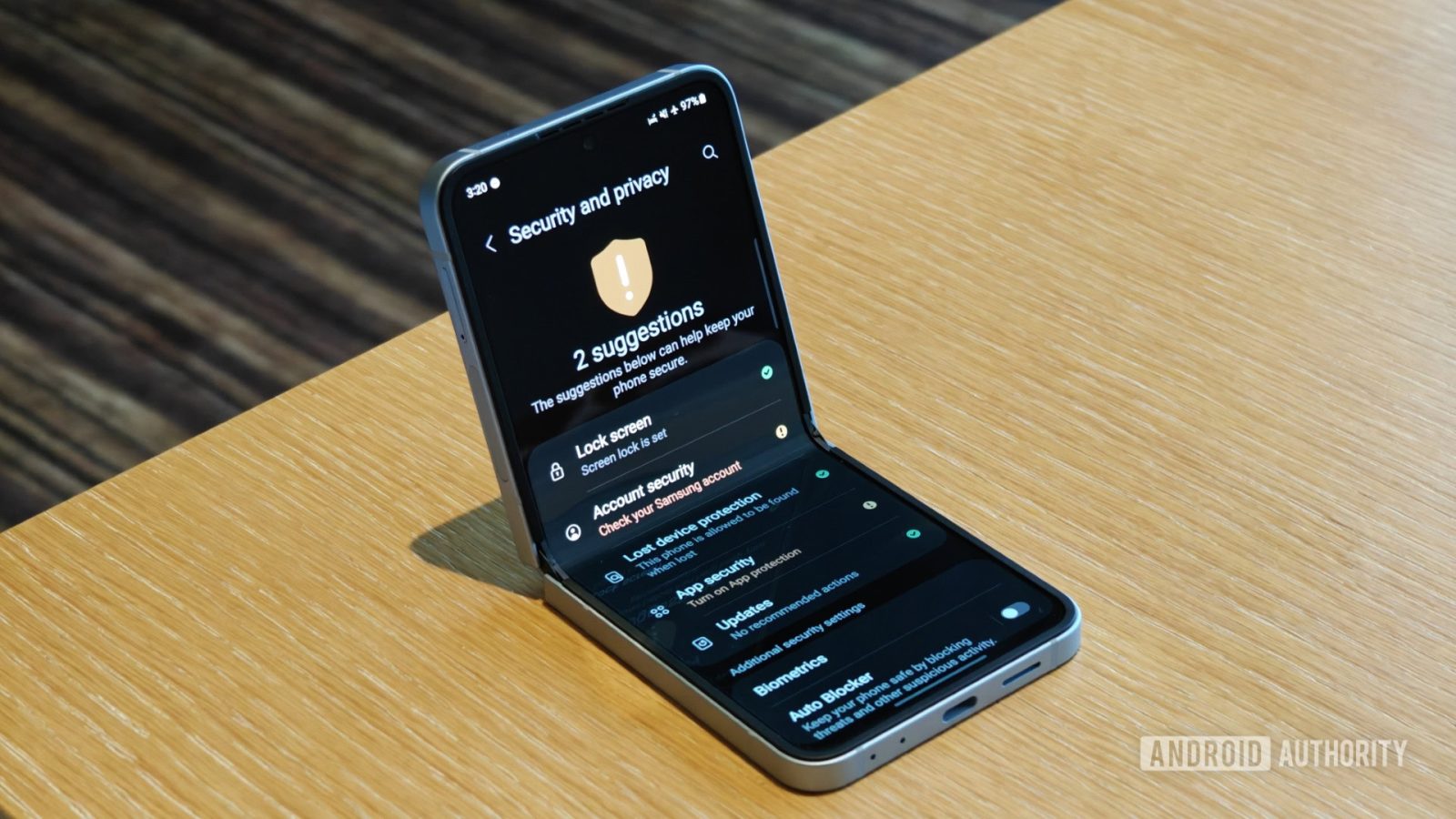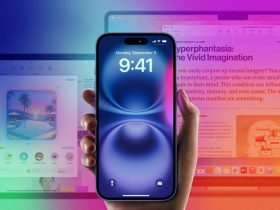Samsung is making a notable change in its approach to app security with the introduction of One UI 6.1.1. One of the key features in this update is the Auto Blocker, which is designed to enhance the security of Galaxy devices by preventing the installation of apps from unauthorized sources and blocking potential malicious activities.
This feature, initially introduced in One UI 6 as an opt-in option, will now be enabled by default, making it harder for users to sideload apps that aren’t available on the Google Play Store.
The Auto Blocker feature aims to protect users from potential threats that sideloading apps can pose. While it adds an extra layer of security, it also introduces some inconvenience for those who prefer to sideload applications.
Currently, only the Galaxy Z Flip 6 and the Galaxy Z Fold 6 come with One UI 6.1.1 pre-installed. For users of older devices upgrading to this version, their existing settings will remain unchanged, meaning they will have to manually opt-in to the Auto Blocker feature.

Disabling the Auto Blocker on newer Galaxy phones involves navigating to Settings > Security and Privacy > Auto Blocker. Once turned off, sideloading apps can proceed as usual. However, users will still need to deal with Android’s built-in sideloading protections, which require granting permissions to each app attempting to sideload.
In addition to blocking unauthorized app installations, Auto Blocker also restricts commands and software updates via USB and prevents malware images from being transmitted through messaging apps.
Epic Games has voiced strong opposition to Samsung’s new policy. Tim Sweeney, the CEO of Epic Games, has announced that the company will remove Fortnite and other games from the Samsung Galaxy Store in response to this policy change.
Sweeney argues that the Auto Blocker impedes users’ ability to install competing app stores and undermines the outcome of the Epic v. Google antitrust trial in the US, which aimed to address similar issues of competition and user choice.
Sweeney contends that the added friction caused by the Auto Blocker can significantly reduce the accessibility of competing app stores, which could have broad anticompetitive implications.
He believes that warnings and security measures should be proportional to actual risks and should not obstruct reputable software. Sweeney’s criticism highlights ongoing tensions between user choice and security measures in the tech industry.







Leave a Reply